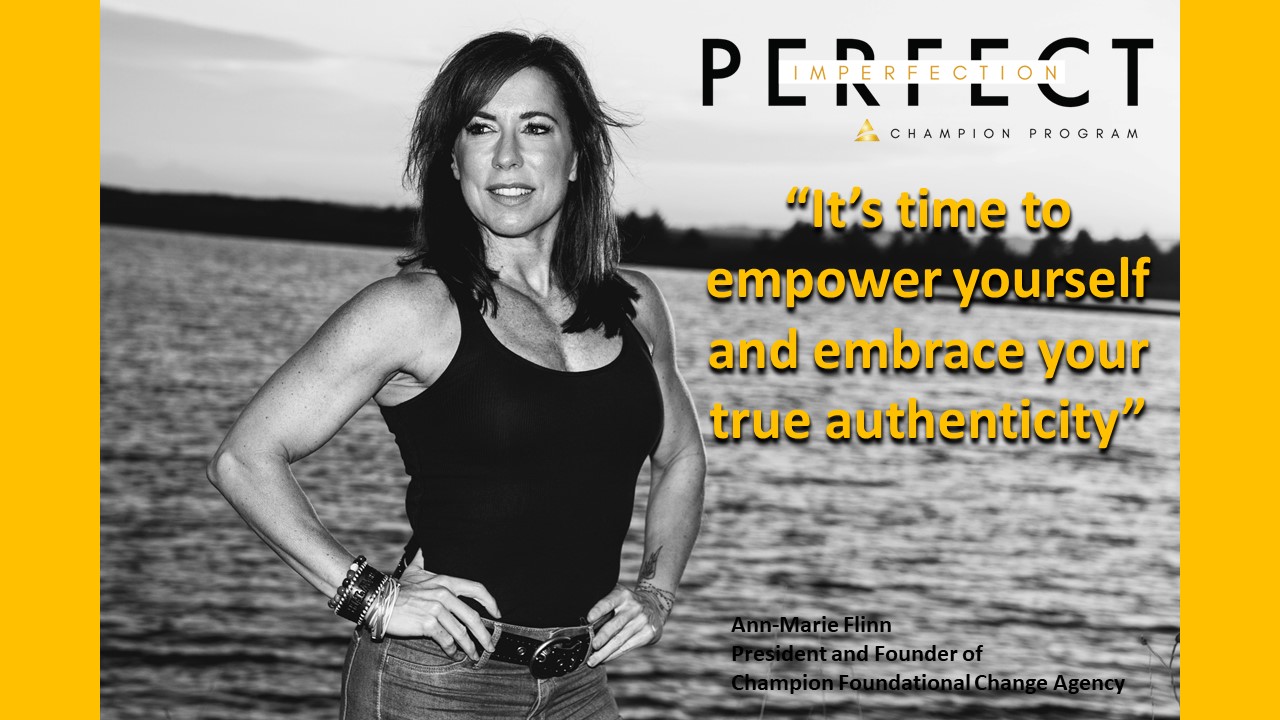What is unhealthy Perfectionism?
What are the signs?What’s the difference between unhealthy perfectionism
and the healthy pursuit of excellence?
I was recently a keynote speaker at a large women’s conference where I presented Perfect Imperfection. Part of my talk included the idea of giving ourselves a bit of slack when it comes to the rigid standards perfectionist’s place on themselves when wanting to achieve goals. The audience of 500+ in attendance loved it! Yet there was one comment from a high achieving woman that got me thinking.
I thought I may have missed the mark in how I was communicating the idea of Perfect Imperfection.
It got me thinking: if given another opportunity, how would I course correct the narrative to modify how I explained the idea of flexible standards? So, in the spirit of perfect imperfection, allow me to clarify the difference between unhealthy perfectionism and the healthy striving for excellence.
Let’s take an example from the setting of an athlete:
Setting personally demanding goals, like that of an elite athlete can be done in a way that is positive for the individual.
Take my sport of body sculpting (aka: bodybuilding) for example. This sport requires intense focus and discipline at the gym, and in the kitchen. The body is “sculpted” in a way that gives the illusion of perfection onstage. When prepping for a competition, we would not see the high standards for performance as a problem; rather we might see that as an integral part of high achievement.
Where perfectionism becomes unhealthy is when those very high standards of achievement are so rigid that, if anything less than a 1st place finish or a body that isn’t “stage ready” all year round is seen as failure. If intense self-criticism shows up and creates a inner belief that the athlete has performed poorly and/or has failed as a person, that is when these high standards become unhealthy.
Translate this to every day life
For some it may be difficult to see where the healthy pursuit of excellence ends and unhealthy perfectionism begins. The main difference between the two are (as quoted in the book Overcoming Perfectionism):
- In unhealthy perfectionism the person’s view of themselves is dependant on how well they think they achieve their own demanding standards.
- In unhealthy perfectionism the person continues to pursue their self-imposed rigid standards despite negative consequences.
It might feel weird to consider self-care, relaxation, taking a break, or loosening the reins as a strategy for the healthy pursuit of excellence. What I can tell you is that, this mindset is the secret sauce that the world’s top athletes, leaders and trail blazers apply to sustain exceptional long-term success. I call it “Intentional Recovery”.
To be clear, setting goals and standards that you want to achieve is a normal and healthy part of life.
However, when you become so self critical of yourself with comments like: “I should have done better!”, I am a failure because…”, “I’m always missing the goal!”, or even “I’m such an idiot”, then it’s difficult to thrive and feel joy in any accomplishment that you set. This is the work that I do with my clients in my Change Champ Coaching

Today is a breakthrough day!
Join the hundred who have already registered for the Perfect Imperfection online program!
This program is NOT about lowering your standards. It’s about addressing the over dependence of your self-worth on striving and achievement.
This 5-week self paced program is created to help you pursue excellence in a healthy way. It’s evidence-based methods can break the cycle of “never good enough”, so you can excel AND feel good about yourself.
- Discover the unconscious beliefs that are driving you. We call them, your inner critic
- Unearth your internal Super Hero that will lead you to trust your intuition
- Find creative tools to strengthen your resilience so you can bounce back when things get tough
- Notice when “Should” and comparison paralyzes your true self
- And so much more!
Created with you in mind, this program offers you a plethora of opportunities to discover who you know deep down inside the person you were always been meant to be.
Isn’t it time to invest in your future?
It’s time to empower yourself and embrace your true authenticity.
It’s time to be Perfectly Imperfect
Register today
Join the hundreds who have already registered for the Perfect Imperfection program. Learn to thrive in an imperfect world
